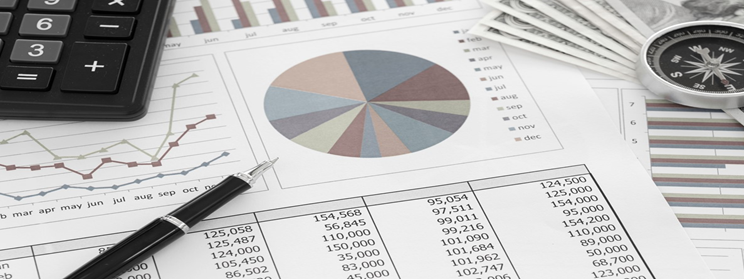The global economy — already struggling with war in Ukraine and the stagflation risks it’s fanning — is bracing for greater disruption as China scrambles to contain its worst outbreak of Covid-19 since the pandemic began.
If China fails to contain omicron’s spread, further movement restrictions would derail the economy’s promising start to the year, weakening a key pillar of global growth. As manufacturer to the world, any disruptions to exports resulting in shortages could also drive up inflation internationally. A China slowdown would exacerbate the risk of stagflation and global supply chain problems.
Globally, the economic impact of Covid is declining as governments ease restrictions and many move towards a ‘living with Covid’ approach. However, for China, omicron is a key risk for domestic demand, output and, possibly, supply chains.
China’s latest attempt to suppress an outbreak of Covid-19 with lockdowns in several cities has disrupted global supply chains, which is likely to lead to lower growth and profitability across the technology industry.
Several companies in China’s manufacturing centres in both the south and northeast have halted operations amid the most sweeping COVID-19 lockdowns in the country since the start of the pandemic in Wuhan.
If lockdown restrictions spread, affecting access to the ports as well as workers, as happened in 2020 when COVID-19 measures led to record queues for container ships, analysts fear freight may see a disruption, leading to both bottlenecks and rising freight costs as was seen then.
The current surge has certainly posed the biggest test yet to China’s elimination strategy, although the official media has made clear that the “dynamic zero COVID” strategy is here to stay and China is not likely to open up anytime soon.
Reference:
https://economictimes.indiatimes.com/small-biz/trade/exports/insights/world-economy-faces-supply-hit-as-china-battles-covid-again/articleshow/90250149.cms
https://www.thehindu.com/news/international/chinas-lockdowns-spur-concern-over-supply-chain-freight-impact/article65227469.ece
The economic impact of biosimilars on the Australian health care system is now clearer, with data revealing their role in reducing market expenditure and driving price competition.
The Chinese Golden Week impacts Ocean Freight Shippers for two main reasons:
Donald Trump’s tariffs of 50% have come into force on most US imports from India. India’s giant generic pharmaceuticals sector and its electronics and petroleum products are exempt from the tariffs. Aluminium, steel and copper remain at 25%, but job-heavy sectors such as textiles, jewellery, seafood and leather are squarely in the line of fire.
The European Chemicals Agency (ECHA) has published the updated proposal to restrict per- and polyfluoroalkyl substances (PFAS) under the EU’s chemicals regulation, REACH. The update has been prepared by the authorities from Denmark, Germany, the Netherlands, Norway and Sweden, who submitted the initial proposal in January 2023.
Most chemicals exported from the 27 member countries of the European Union into the US will be subject to a 15% tariff on top of their selling prices under an agreement signed on July 27 between the US and the European Commission.
We’re thrilled to announce a new strategic alliance between ExSyn, Exim-Indis and simABs, a leading EU-based biologics manufacturer known for its patented continuous flow technology in antibody production.
The global trade landscape is undergoing significant changes following the announcement of new reciprocal tariffs by the United States government. Recent developments indicate significant shifts in global trade dynamics, with key policy adjustments, ongoing negotiations, and evolving logistics patterns. Below is a summary of the latest developments.
In January 2025, the US FDA published a draft regulatory guidance entitled “The Considerations for Use of Artificial Intelligence to Support Regulatory Decision-Making for Drug and Biological Products”.
The adoption of artificial intelligence (AI) and large language models (LLMs) is rapidly reshaping clinical research and drug development.
